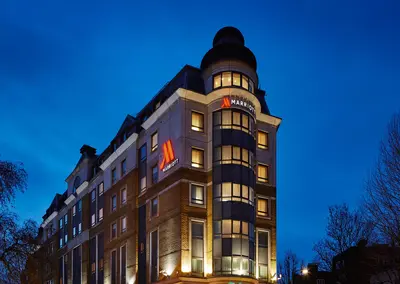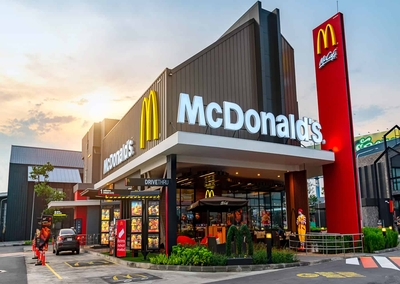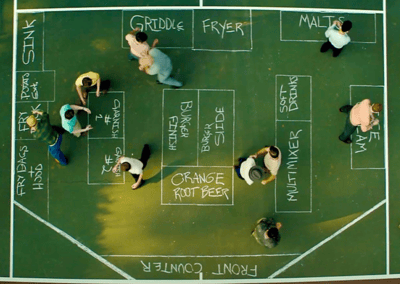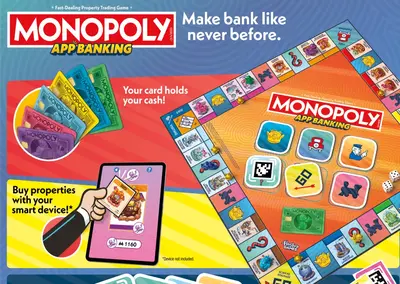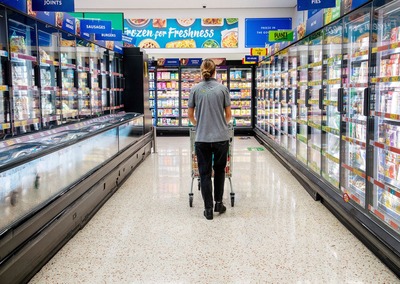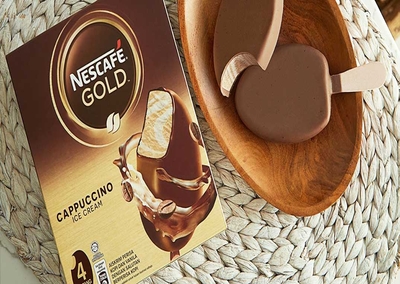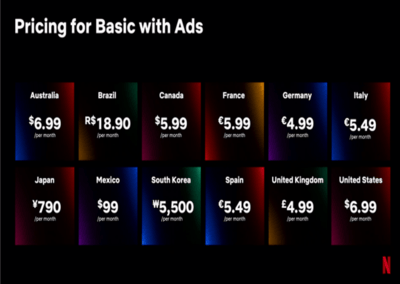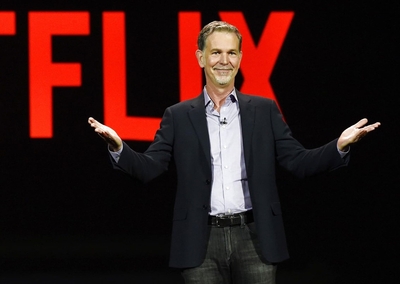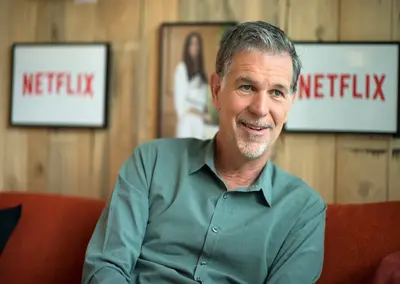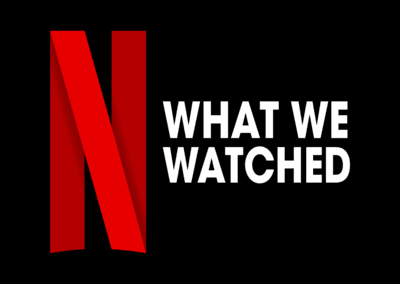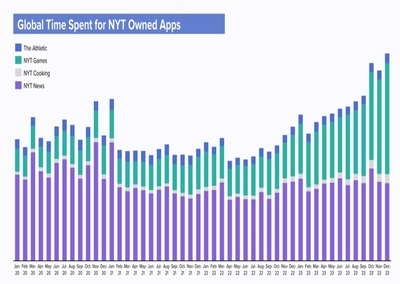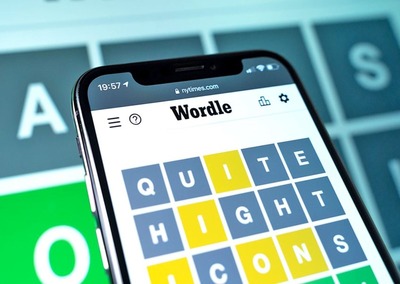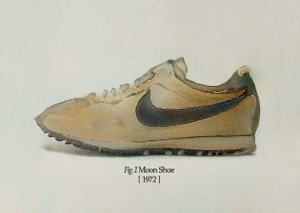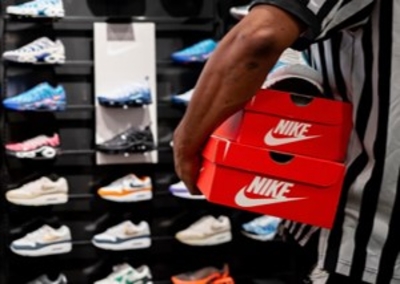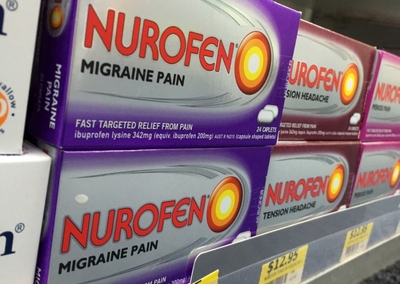The world’s largest hotel corporation owns very few hotels. Instead, Marriott makes money by selling its brand to franchisees, who then set up Marriot branded hotels and pay an annual fee in return.
Business & Brands
McDonald’s is essentially a real estate company, making billions in rent from franchised restaurants.
The need for speed led the McDonald brothers to turn to Henry Ford and the world of cars. If Ford could use a specialised system to build a car in two hours, the McDonald brothers could use it to make a burger in less than a minute. They created a new dispenser that squirted the same amount of ketchup every time, and they replaced the silverware with paper wrappings to remove the need for a big dishwasher. The resulting ‘speedee system’ became the basis for modern day fast food as we know it.
Monopoly released a new ‘simplified’ version of the game, where a mobile app handles all transactions and removes the need for a banker or physical money. Sure, players will find it easier to pay, and harder to cheat, but in the words of one journalist: “it is nowhere near as tantalising as the prospect of flaunting piles of pink and orange notes in a delicious victory over your competitive mother.” Plus, as any regular player will know, a bit of fraud is part of the fun.
Every penny counts for supermarkets. So Morrisons has recently increased the temperature of its freezers from -18°C to -15°C, after a previous trial suggested the move would save 10% on energy costs.
Nescafé has expanded its customer base by venturing into ice cream and iced drinks – a new way of staying relevant when less than half the global population buys instant coffee.
Netflix now charges £4.99 a month for weekly shows with ad breaks. Sound familiar?
Reed Hastings, with no prior experience of the film and television industry, applied the gym-model of subscription to movie rentals to create Netflix.
Reed Hastings decided to start Netflix after being fined $40 at a Blockbuster store for being late to return a copy of Apollo 13.
Netflix shows are not made equal. As the company’s recent viewing report states, “the top 1 percent of titles accounted for about 22.32 billion hours of viewing, almost 24 percent of the total. The top 10 percent brought in 68 percent of all viewing – 64.16 billion hours.”
NYT is now a gaming company – users spend more time playing games (like Wordle) than reading news.
The NYT’s purchase of Wordle, as Shane O Leary puts it, had a “rising tide lifts all boats effect on their gaming vertical.” It brought in tens of millions of people to the app and doubled the number of weekly users for non Wordle games.
Nike started out as a running shoe manufacturer, long before it ventured into casual shoes and apparel. As co-founder Phil Knight explains, “we just tried to get our shoes on the feet of runners… we thought the world stopped and started in the lab and everything revolved around the product.”
When the brand pursued a DTC model, and ended hundreds of long term partnerships with retailers, it quickly realised the importance of mass distribution: many light buyers couldn’t find Nike products in their usual stores and simply didn’t buy them. Sales declined 8% in 2024.
Nurofen contains exactly the same chemical as ibuprofen, but can be seven times as expensive. When it comes to pain relief, we assume expensive products must be better.

